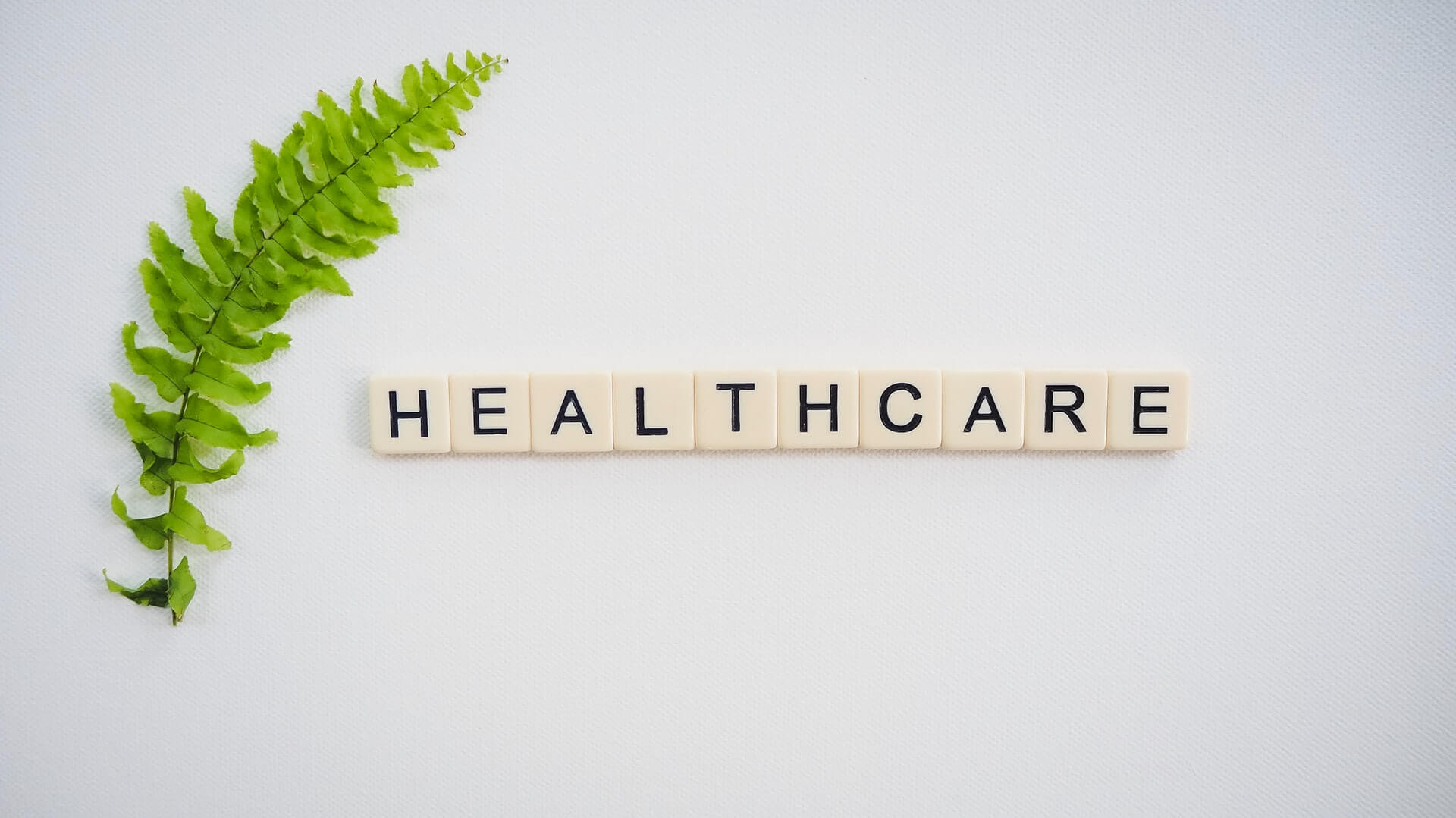
Importance of Economic Evaluation in Health Care: An Indian Perspective
Evaluation in Health Care studies provide information to decision makers for efficient use of available resources for maximizing health benefits. Economic evaluation is one part of health economics, and it is a tool for comparing costs and consequences of different interventions. Health technology assessment is a technique for economic evaluation that is well adapted by developed countries.
One of the most discussed topics in health care is accessibility. Due to the fact that health care represents the ability for an individual to maintain a healthy and happy life, it seems intuitive that accessibility must as unlimited as possible. Of course, in a capitalistic system, this will not be the case. Economics dictates that price points will be determined based on supply and demand, and the demand in this industry is often essentially infinite. As a result, accessibility and profitability do not always align from an economic perspective
The Indian health care sector is one of the fastest growing industries and is expected to grow at a compound annual growth rate of 17% during the period 2011 to 2020 to touch US $280 billion. It is expected to rank among the top three health care markets in terms of incremental growth by 2020. As per the World Health Organization (WHO), in countries such as India, people who pay for their health care services suffer “catastrophic costs.” While millions suffer and die in absence of access or inability to afford medical care, many others suffer because they end up paying through debts, selling assets, and so forth. Citizens’ expectations for health care are becoming high in developing countries such as India, where people are becoming accustomed to better standards. People now demand latest treatments, timely, affordable care, and a range of choices.
Economic Evaluation in Health Care is a part of good quality medical research and is required for technology assessment. In an ideal research world, clinical and economic data are collected simultaneously. Most reliable estimates of cost-effectiveness can be obtained when good quality epidemiological and cost data are combined. HTA can form the foundation of comparative research concerning future investments in health care, in developing markets such as India. HTA allows like-for-like comparison of medical, surgical, and public health initiatives. The ultimate goal of health economic evaluation is to support evidence-based policy decisions. It is always essential that the research being produced be of interest to decision makers. This can be made possible with a combined effort of health institutions, researchers, and decision makers.













